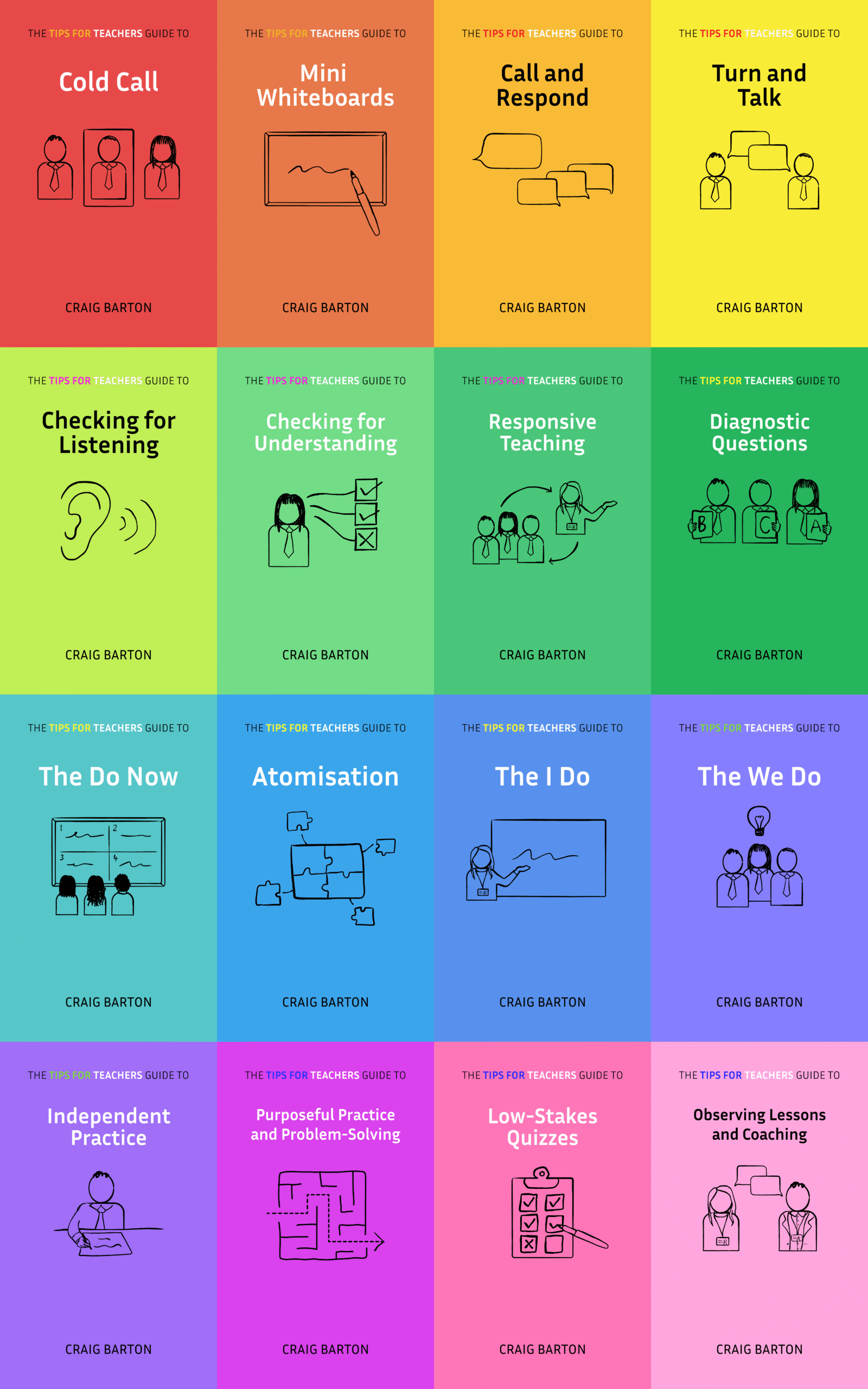
- Title: Interleaving Retrieval Practice Promotes Science Learning
- Authors: Faria Sana and Veronica X. Yan
- Access the original paper here
- Listen to a deep-dive podcast:
Paper summary
This research article in Psychological Science investigates the impact of interleaved retrieval practice on science learning in high school students. The study compared the effectiveness of weekly quizzes where questions on different concepts were either mixed together (interleaved) or grouped by concept (blocked). Findings revealed that while interleaved quizzes were initially more challenging, they led to significantly better retention and conceptual understanding on a final test one month later compared to blocked quizzes and unquizzed material. The authors conclude that interleaving retrieval practice is a simple yet powerful strategy to enhance long-term science learning in classrooms.
What are the key implications for teachers in the classroom?
Based on the study, there are several key implications for teachers in the classroom:
- Implement brief, frequent quizzes: The study demonstrates that incorporating brief, weekly quizzes (10-12 minutes) can significantly enhance students’ conceptual learning and retention in science. This practice leverages the benefits of retrieval practice, where the act of bringing previously taught information to mind strengthens learning and makes knowledge more transferable.
- Interleave concepts within quizzes: The research strongly suggests that teachers should present questions on quizzes in an interleaved order, mixing up different concepts rather than blocking questions by concept. Interleaving forces learners to discriminate between concepts, enhancing their conceptual understanding. The study found that interleaved quizzes led to even greater learning gains than blocked quizzes.
- Focus on interleaving practice, not just instruction: While restructuring an entire curriculum for interleaved instruction might be challenging, interleaving can be readily incorporated into practice activities like quizzes. Teachers can modify existing assignments and practice problems by changing the sequence of questions to interleave different concepts.
- Recognize the potential for increased difficulty during interleaved practice: The study found that students performed slightly worse on the interleaved quizzes compared to the blocked quizzes. Teachers should be aware that interleaved practice might feel more difficult for students initially, but it leads to better long-term retention and understanding.
- Utilize existing resources: Teachers can likely use their existing assignments, test banks, and end-of-chapter problems and simply change the order of questions to incorporate interleaving. This makes the strategy cost-effective and not overly time-intensive.
- Expect long-lasting benefits: The positive effects of interleaved retrieval practice were observed on a surprise test administered one month after the quizzing period, indicating that this strategy can lead to sustained learning benefits.
In summary, the study suggests that teachers can significantly improve science learning by simply adding brief, weekly quizzes that interleave questions from different concepts taught that week. This is a cost-effective and easily implementable strategy that promotes conceptual understanding and long-term retention.
Quote
These results demonstrate a cost-effective strategy to promote classroom learning








